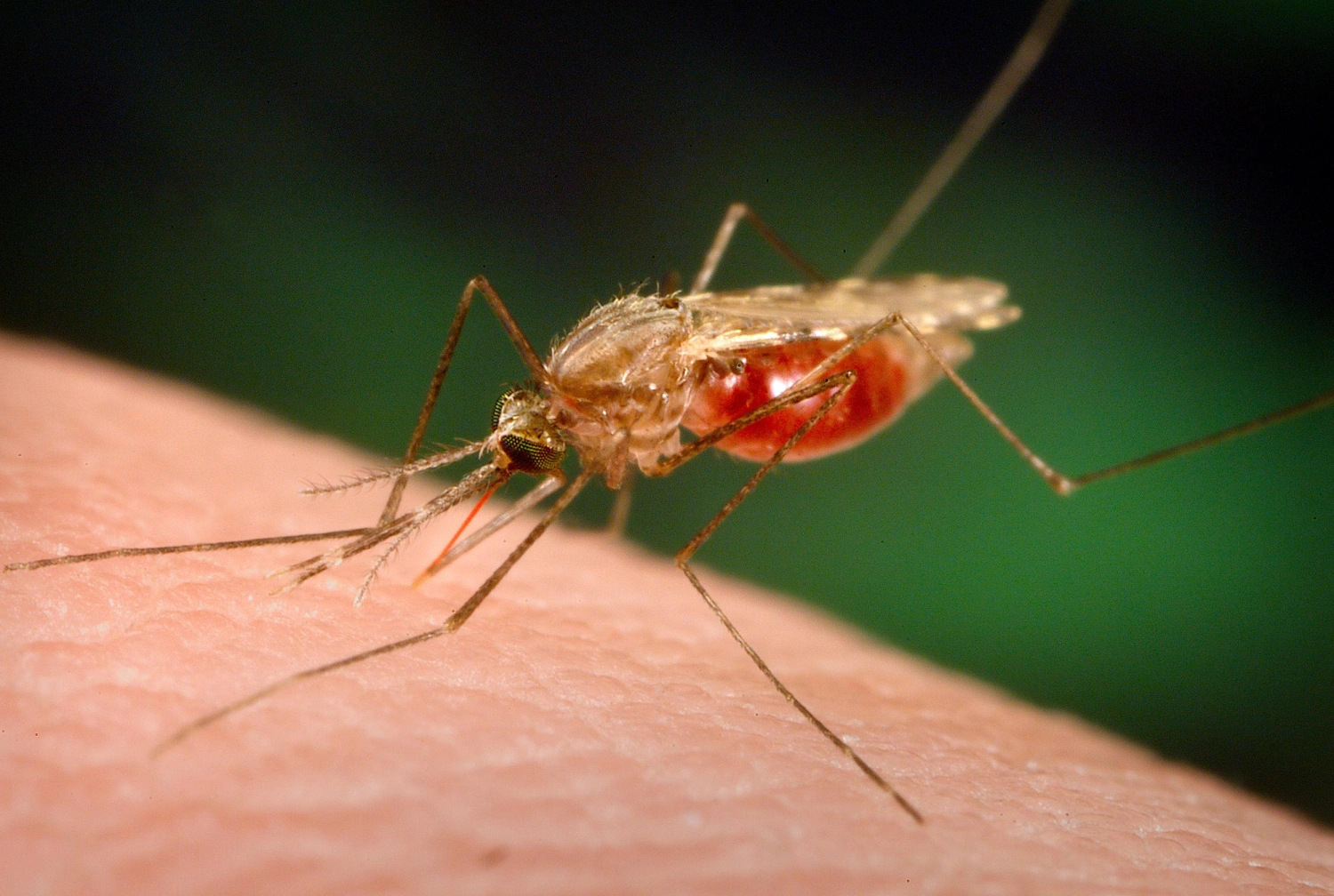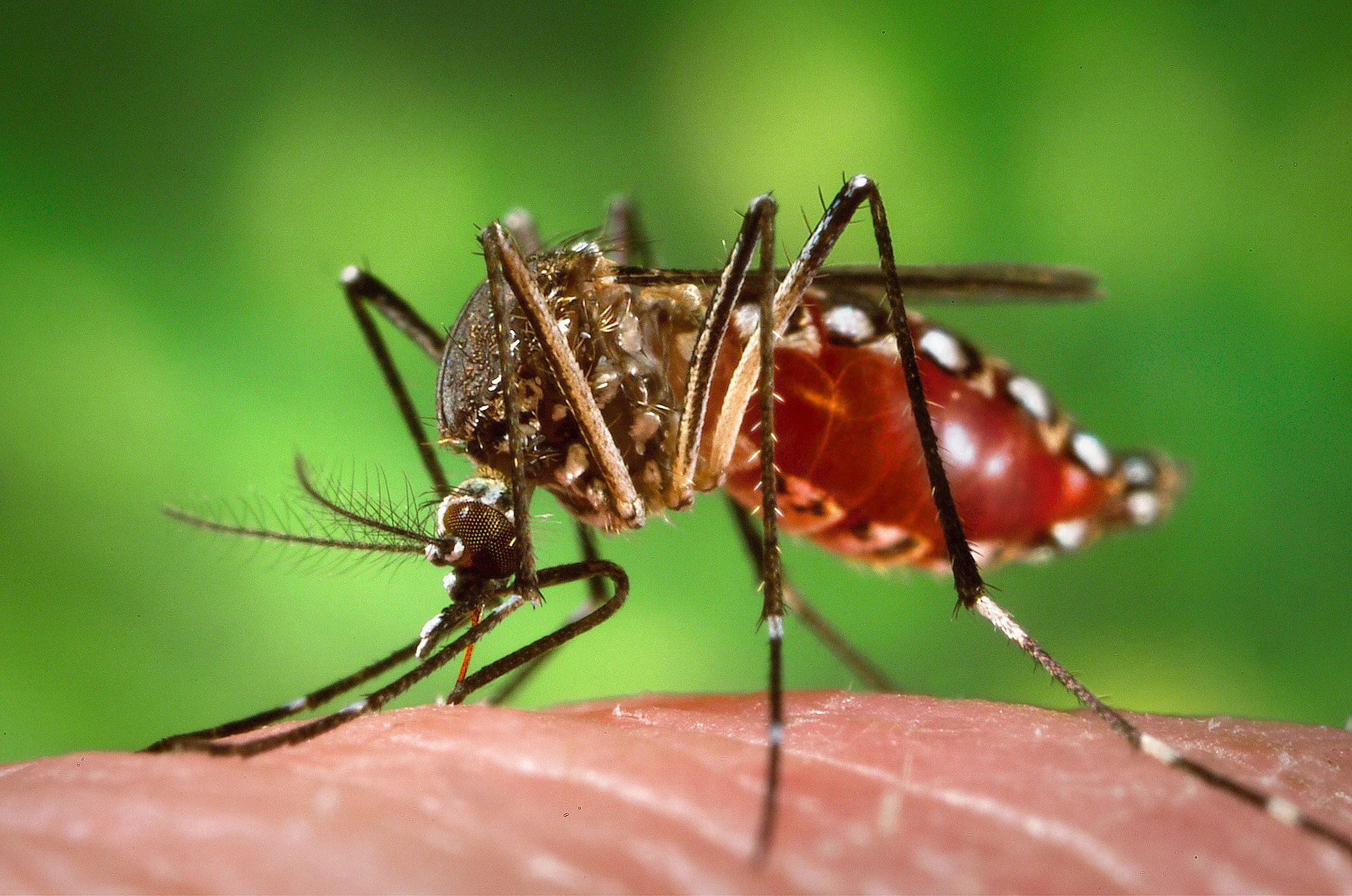Scientists have discovered a potential method to curb mosquito-borne diseases such as dengue, yellow fever, and Zika by genetically modifying male mosquitoes to make them “deaf.” Male mosquitoes rely on their hearing to locate females in mid-air by the sound of their wingbeats, a key aspect of their mating ritual. By altering a genetic pathway involved in hearing, researchers prevented males from detecting female mosquitoes, which led to the males failing to mate even after three days of proximity. This approach targets the reproduction of disease-carrying female mosquitoes, aiming to reduce their population.
A team from the University of California, Irvine, conducted experiments on Aedes aegypti mosquitoes, known carriers of various viruses affecting millions globally each year. They closely studied the insects’ mating behavior, which involves a rapid, mid-air chase driven by sound cues. Focusing on a protein called trpVa, which plays a crucial role in mosquito hearing, they genetically modified male mosquitoes, disrupting their ability to detect the wingbeats of female mosquitoes. As a result, the modified males did not engage in mating, which could potentially lower the mosquito population over time.

The altered male mosquitoes displayed no neural response to the sound signals typically used for mating, effectively making them “deaf” to female mosquitoes. Wild, non-mutant males, in contrast, quickly mated and fertilized nearly all available females in controlled conditions, highlighting the effectiveness of the gene modification. This breakthrough, published in the journal PNAS, demonstrates a complete inhibition of mating behavior in genetically altered males, with researchers describing the impact of the gene knockout as “absolute.”
Dr. Joerg Albert, a mosquito mating expert from the University of Oldenburg, acknowledged the promise of targeting mosquito hearing for population control, though he emphasized that further research and careful management are essential. He noted that this study provides clear molecular evidence that hearing is not just important but essential for mosquito reproduction. Without this sense, male mosquitoes cannot acoustically pursue females, which could drive certain mosquito populations toward extinction if widely implemented.
Other approaches, such as releasing sterile males, are also under exploration to reduce disease-spreading mosquito populations. However, while mosquitoes pose significant health risks, they are an integral part of many ecosystems, serving as food for various animals and contributing to pollination. This complexity adds to the need for a balanced approach to mosquito population control to avoid unintended environmental consequences.
